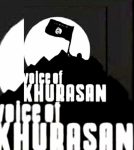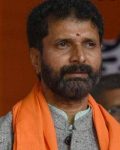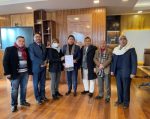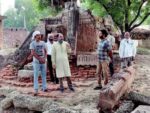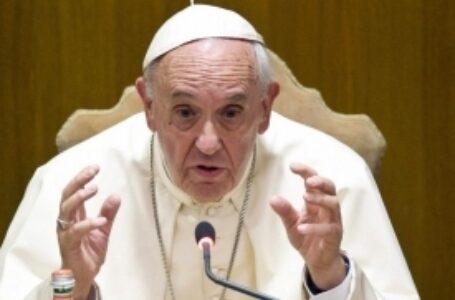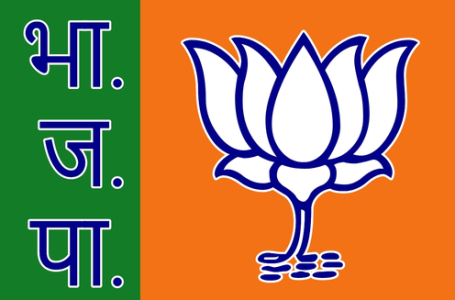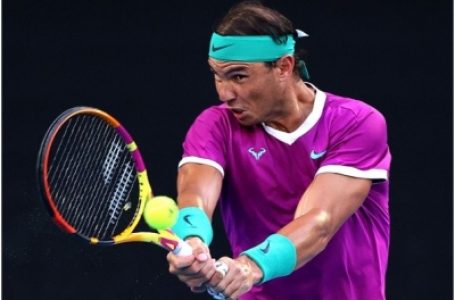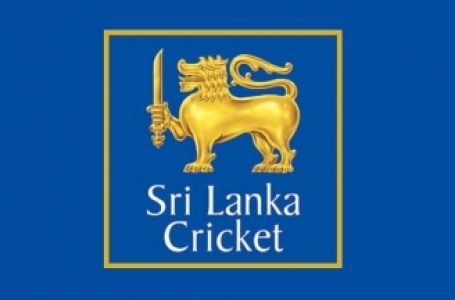By Shubha Singh
Feb 19, 2020
New Delhi: Iran’s parliamentary polls are likely to elect a hardline Parliament when the country goes to the polls to choose a new Majlis on February 21. With an economy battered by renewed American sanctions and US President Donald Trump’s “maximum pressure” policy, Iran will turn more conservative after the new Parliament is elected.
The Guardian Council, appointed by Supreme Leader Ayatollah Ali Khamenei, rejected more than half the candidates, leaving an electoral arena dominated by hardliners. The large scale disqualification of reformist candidates has led to public disinterest in the polls and demands from dissident groups to boycott the elections.
Iranian President Hassan Rouhani has appealed to the people to cast their ballot in the February 21 election, but there is growing concern in Tehran that polling levels may drop sharply due to the voters ire at the high level of disqualifications. The present Majlis has about 100 reformists in the 290-member house, while the rest comprise hardline conservatives as well as a sizeable number of independents.
The Guardian Council has vetted the candidates in all parliamentary elections, and has usually rejected from 15 per cent to 40 per cent of the candidates in any election. But this time the rejection rate is much higher than before, leading to general disenchantment with the forthcoming elections. More than half the candidates for the parliamentary elections have not been approved and the rejections include many members of the existing Parliament.
The Majlis enacts legislation, approves the budget and ratifies international agreements. The election of a conservative legislature would affect the functioning of the government led by President Rouhani. The election result would also act as an indicator for the next presidential elections that are due in just over a year in mid-2021.
Iran has suffered under the additional sanctions imposed by the US after Trump withdrew from the Iran nuclear agreement in 2018. The additional sanctions severely impacted Iran’s economy, which has led to increasing unrest among the people. Public anger erupted in November last year when thousands of Iranians staged street protests in different parts of the country over hikes in fuel prices. The protests were put down through harsh action by the security forces. Tensions with the US escalated after Iran’s top general, Qassem Soleimani was killed in a targeted US air strike in January. Soleimani, a leader and General was deeply admired in Iran and the region, and his assassination had shocked most Iranians. But in the confrontation with the US, Iranian forces shot down a Ukrainian passenger jet plane killing all 176 passengers near Teheran. There was outrage in Iran and angry protests as officials first sought to deny and cover-up the incident before admitting that the passenger aircraft had been shot down by mistake.
Iran has gone through economic and political crisis; the reformists have been under pressure ever since the US quit the nuclear agreement. Though there was widespread support for the nuclear agreement in Iran, many hardliners had opposed the agreement. Trump’s rejection of the agreement seemed to validate the objections of the hardliners. Rouhani’s government has been criticised by the reformists for failing to fulfil election promises of providing greater freedoms and easing social restrictions, while the hardliners have attacked him for negotiating with western powers on the nuclear agreement which collapsed after Trump targeted Iran and reimposed sanctions.
The current Parliament was elected in 2016 when the moderates gained ground after a spell of conservative rule under President Mahmoud Ahmedinejad. In 2016, a combination of reformists, centrists and moderate conservatives had won about 41 per cent of the seats, while the hardliners won 29 per cent and 28 per cent went to independent candidates. In 2004, large-scale disqualification of candidates before the polls had marginalised the reformist sections for several years and created the conditions for the election of hardliner, Ahmedinejad.
The 2016 elections brought back the reformists and moderates to power. The 2016 election was seen as Iran moving towards a more open society with greater social freedoms. A conservative or hardline Parliament will set the path to a more aggressively nationalist policy towards the US, and make it increasingly difficult for any government to make any moves towards engaging with the US.
(Shubha Singh is a foreign policy and strategic affairs commentator. The views expressed are personal. She can be reached at shubhasingh101@gmail.com). IANS








